Certain dog breeds fall under the category that does not require expensive food. These dog breeds are healthy and active, and their diets are specific to commercial dog food. This is because of their anatomy, metabolism, and size, that does not require high-energy food.
The most important fact is that these dogs do not face the issue of digestive tracts as they are consuming a complete diet, which is not grain-free, protein sources, or prescription diets.
Pet owners have easily affordable mass-market options as compared to the expensive dog foods. Small- to medium-sized dogs with great immune systems, good appetites, and almost no genetic feeding disorders make them cost-effective when it comes to food.
In this article, we will survey all seven dog breeds known for their personality and for their low-cost food requirements.
Dog Breeds That Don’t Need Expensive Food
1. Chihuahua

Chihuahuas are one of the cheapest breeds to feed, costing so little just due to their miniature size. At only 2 to 6 pounds, they need a very small amount of food in the daily routine, which makes the cost of feeding quite low in the long run.
These dogs have such a light weight that a bag of kibble can last months, even with frequent meals. In addition to that, Chihuahuas do not possess common food allergies or sensitivities, and these dogs can survive on various affordable dog food brands.
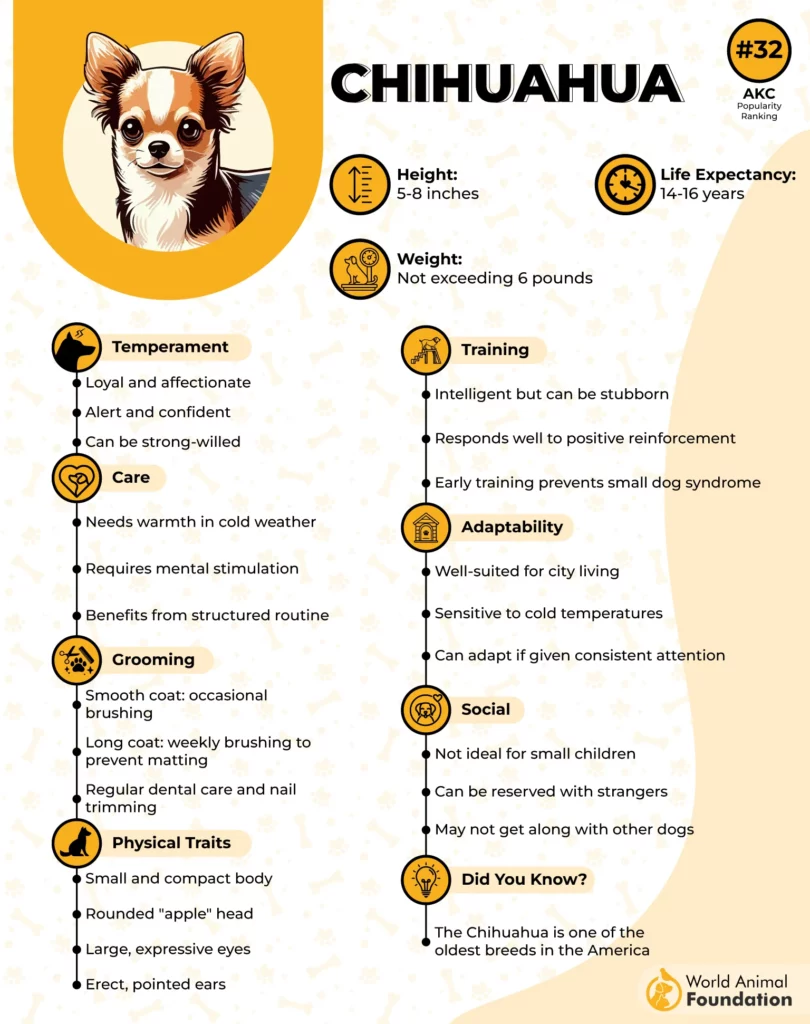
They have a basic dietary profile with little consumption that makes them a perfect choice for the pet owners who want to minimize periodic expenses.
2. Rat Terrier

Rat Terriers are hardy and resilient by nature, as their digestive systems possess these qualities. They were originally bred as farm dogs and were used to simple diets. They are among the dog breeds that are still easy to feed. As these dog breeds do not need high protein or special-type formulas, nor do they develop food intolerance issues.
These dogs are small-to medium-sized dogs with a moderate activity level, which keeps food consumption in check. Since they are able to stay healthy with regular exercise and over-the-counter dog food, owners are not stuck shelling out money for pricey specialty formulas of food. Their overall effectiveness and absence of dietary issues make them one of the most cost-effective dogs to feed.
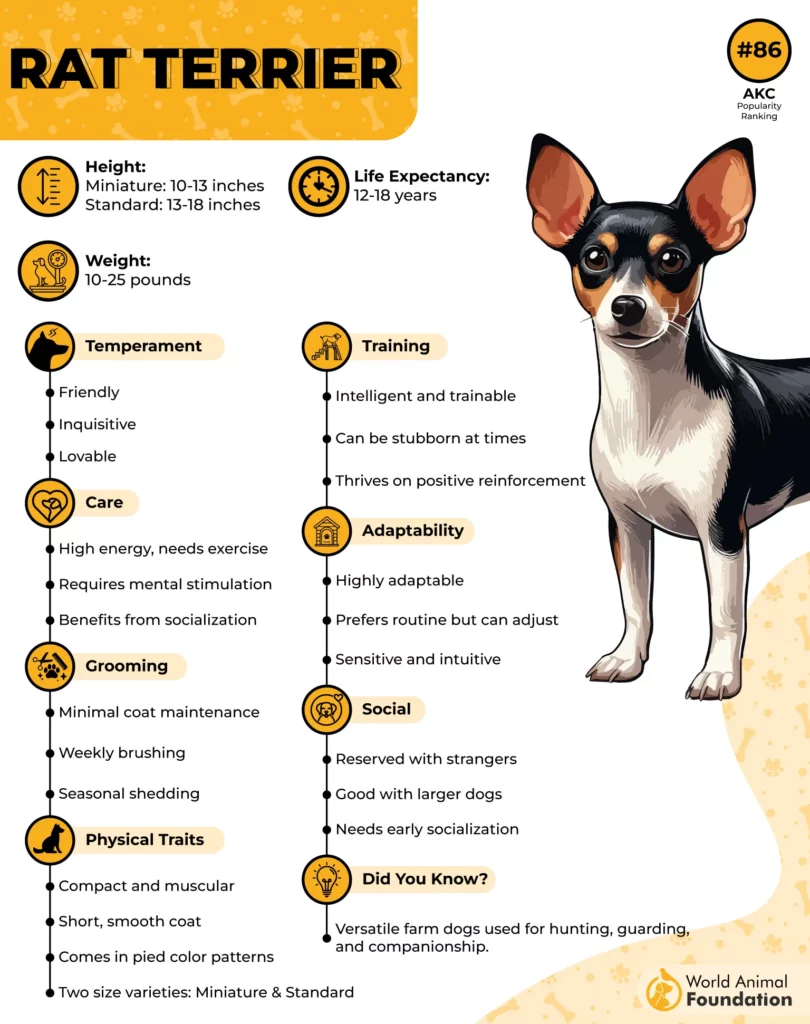
Purina says that Rat Terriers may benefit from the specialized nutrition and smaller kibble of a small-breed dog food. For Rat Terriers who need help with weight management, consider a healthy weight formula. Rat Terrier puppies should eat a small-breed puppy food for their first year of life to aid in their growth and development.
3. Beagle

Beagles are active dog breeds that are high-strung and food-motivated. They are highly versatile eaters among the other dogs. They flourish on plain commercial canine food, and they do not require premium or specialized feeding unless or until they face unusual health issues.
According to PetMD, Beagle puppies need to eat more frequently than adult dogs (up to four meals per day) to prevent hypoglycemia. It’s important to feed your dog based on their life stage—puppies need puppy-formulated food, adults need adult-formulated food, and senior dogs need senior-formulated food.
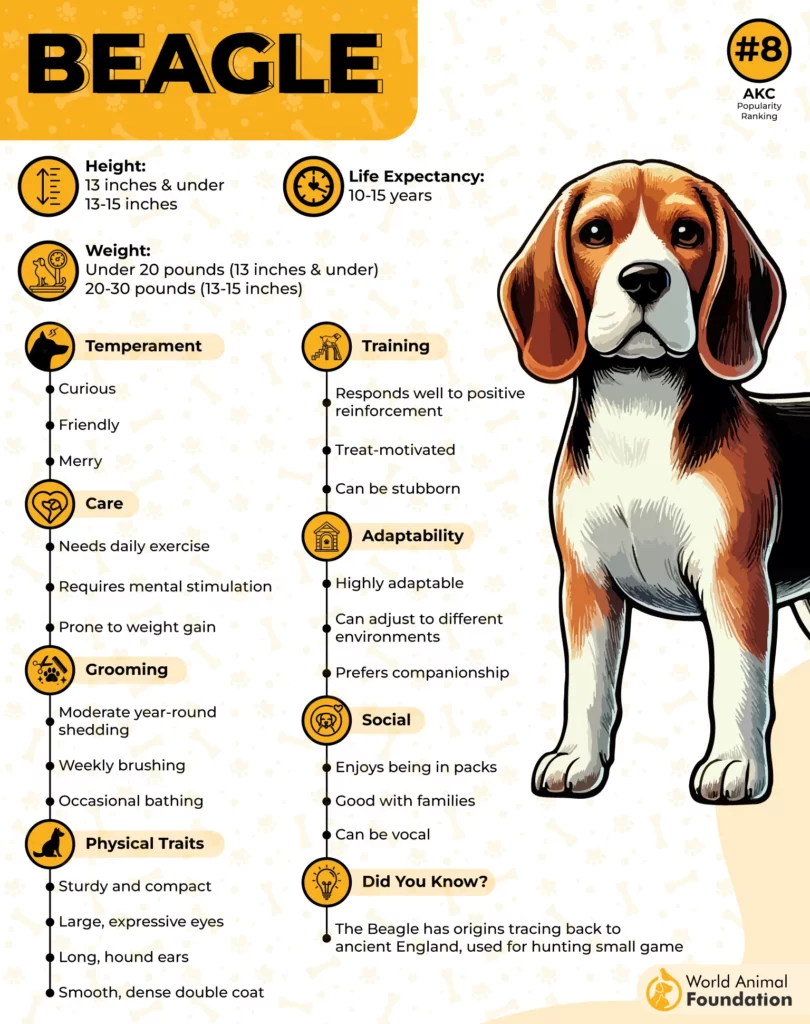
Most Beagles can tolerate a broad range of inexpensive kibble without intestinal upset. Their medium build also results in not eating so much food. Unlike other breeds with mild sensitivities, Beagles do not experience grain or protein allergies, ensuring diet expenses that are literally low and predictable.
Their lack of dietary issues with their adaptability to ingredients makes Beagles much more affordable to feed.
4. Bichon Frise

In contrast to their refined looks, Bichon Frises have very uncomplicated nutritional requirements as compared to most dogs. They do not need high-protein, breed-specific, or high-fat foods in order to thrive.
Bichons Frises do better on plain, balanced kibble that is readily available and reasonably priced. As they are tiny breeds, the food intake is relatively low. They are not suspected to have multiple food allergies, as many small dog breeds face health issues.
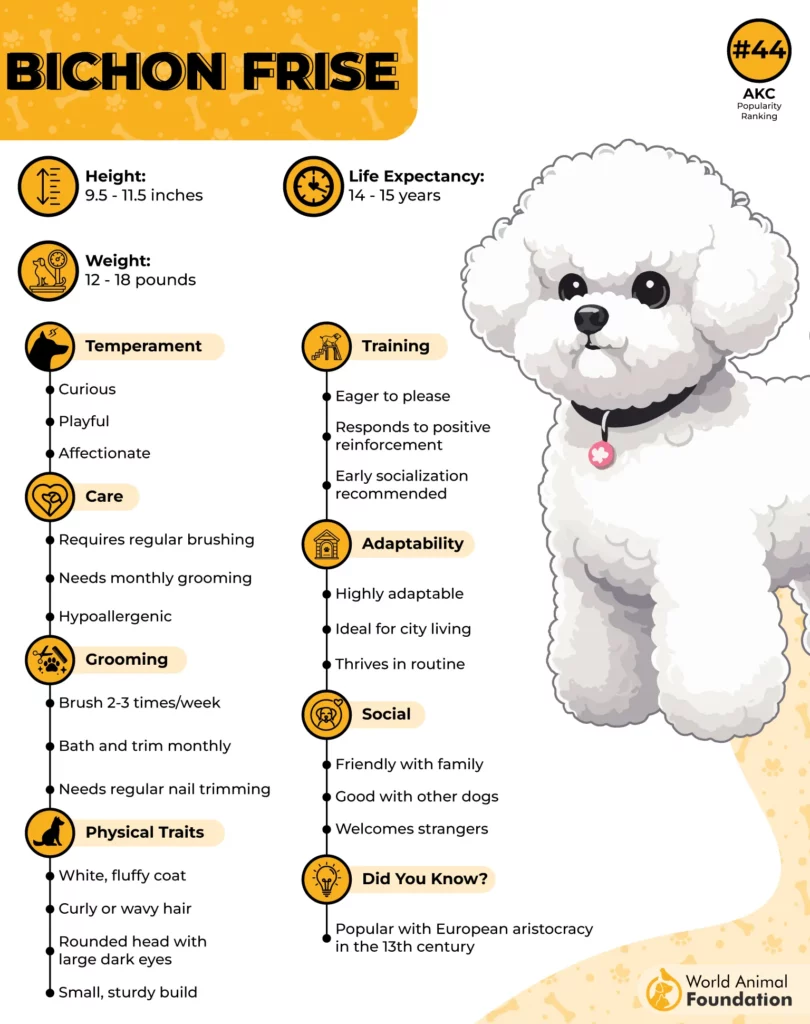
Though they sometimes suffer from urinary sensitivities, these usually never mean food expenditures but require medical care. Their low food tolerance and appetite for the regular formulas make them one of the most cost-effective small breeds to maintain.
5. Border Collie

Border Collies are a high-energy dog breed that is agile and most affectionate. They do not need a special diet to fuel their activity. Their medium size results in them consuming more than toy breeds but less than large and giant dog breeds.
According to the American Kennel Club (AKC), Borders are among the canine kingdom’s most agile, balanced, and durable citizens. The intelligence, athleticism, and trainability of Border Collies have a perfect outlet in agility training. Having a job to perform, like agility or herding, or obedience work, is key to a Border’s happiness.
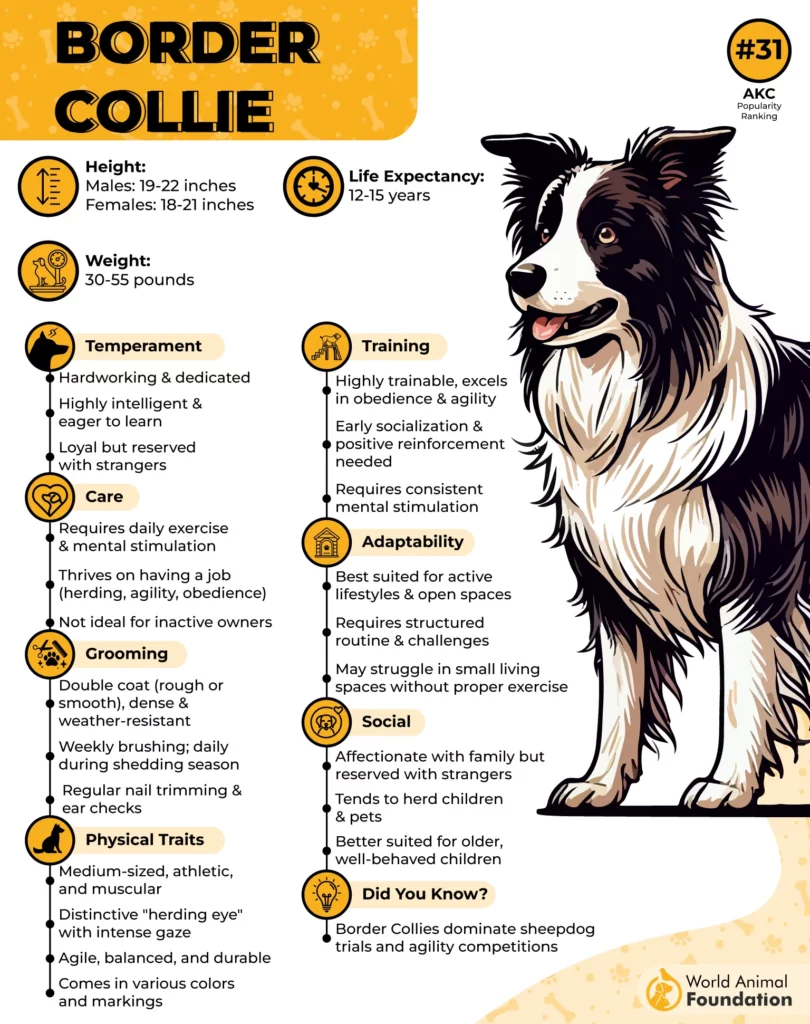
Far more significantly, Border collies do not tend to be finicky or sensitive to frequent diets or ingredients. They can do better on inexpensive, well-balanced canine food without requiring top-of-the-line performance mixes or unusual proteins.
Because of their lean structure and metabolically economical consumption of food, they stay within reason even when they are active. Their stable digestion and adjustable dietary requirements keep long-term feeding expenses minimal.
6. Dachshund

Dachshunds are little but strong dogs and do not need a great amount of food. Their small stature keeps feeding levels in check, and they do not have common problems with food like allergies or indigestion.
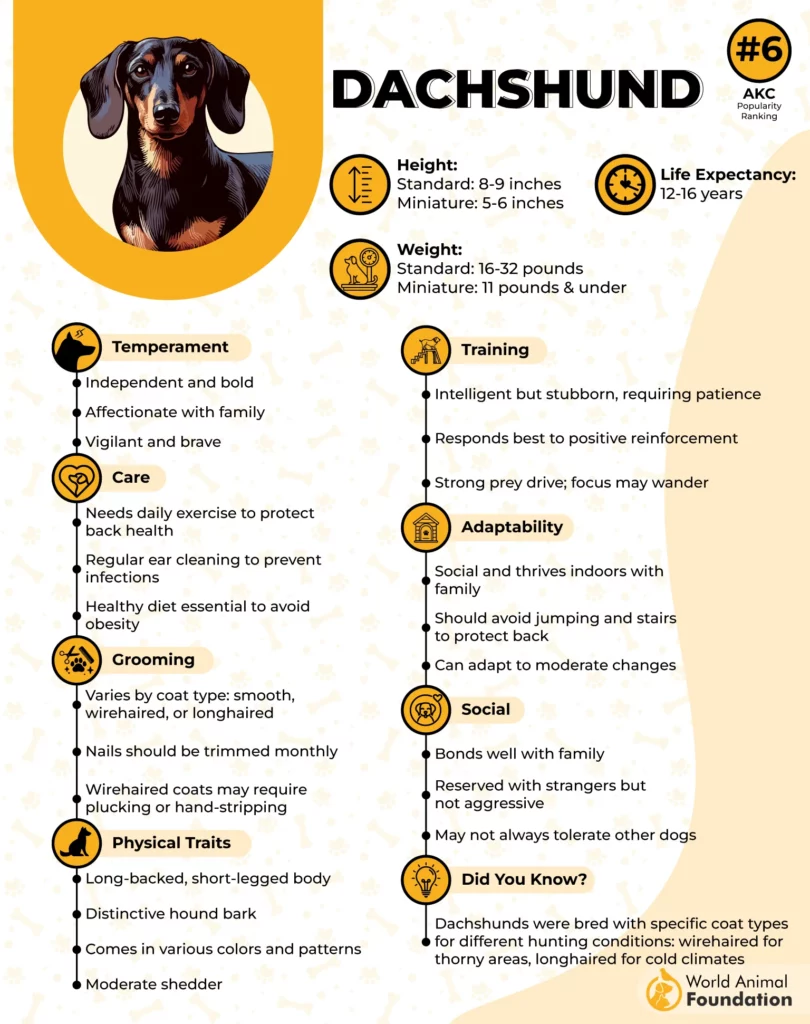
Although they tend to gain weight, this can be regulated by portion management instead of special diet plans. The majority of Dachshunds do well on plain maintenance dog food without the need for expensive hypoallergenic or joint formula feeds.
7. Pembroke Welsh Corgi

Pembroke Welsh Corgis possess a medium build, a compact body, and a healthy appetite, but are not picky eaters. They do not need frequent exposure to the high-calorie performance chow or breed-specific diets to stay healthy.
They have a capacity to do well on basic commercial food without needing novel portions or limited ingredients, and they are not liable to suffer from chronic gastrointestinal disease, though they are susceptible to obesity, which is usually controllable.
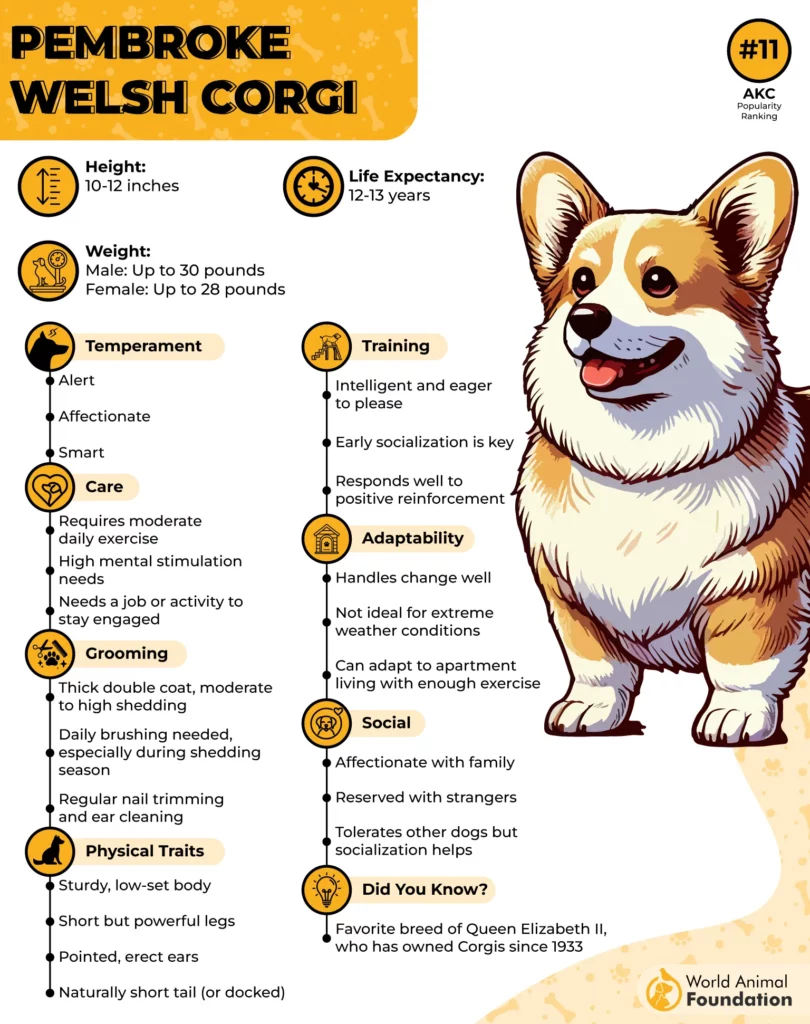
Britannica states that they require no special health care. Nails should be clipped every other week and teeth brushed daily, if possible. Puppies destined for the conformation show ring may need to have their ears trained to stand correctly, folded forward at the top.
Conclusion
It is not a costly process to feed a dog, particularly if you select a breed with naturally moderate food requirements. The canines featured in this article have some fundamental characteristics in common that minimize food expenses. They have compact body sizes and streamlined metabolisms that generally accept the typical components of inexpensive commercial dog food. In short, these dogs are not only friendly, they are also easy on your wallet.


